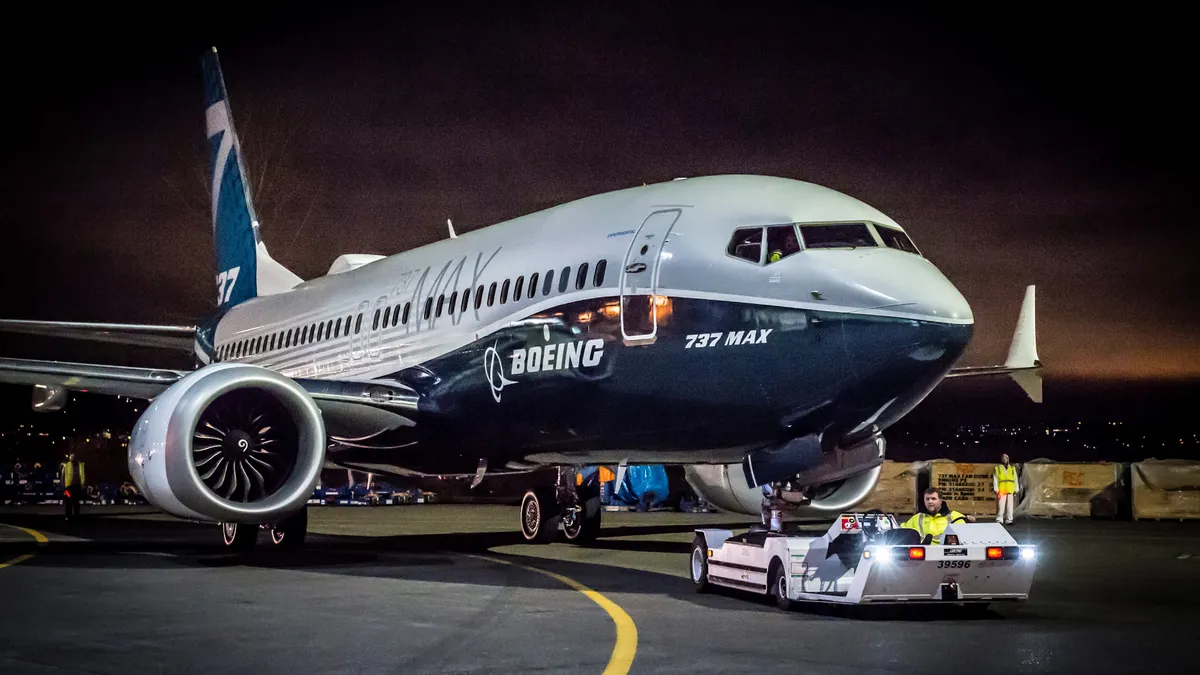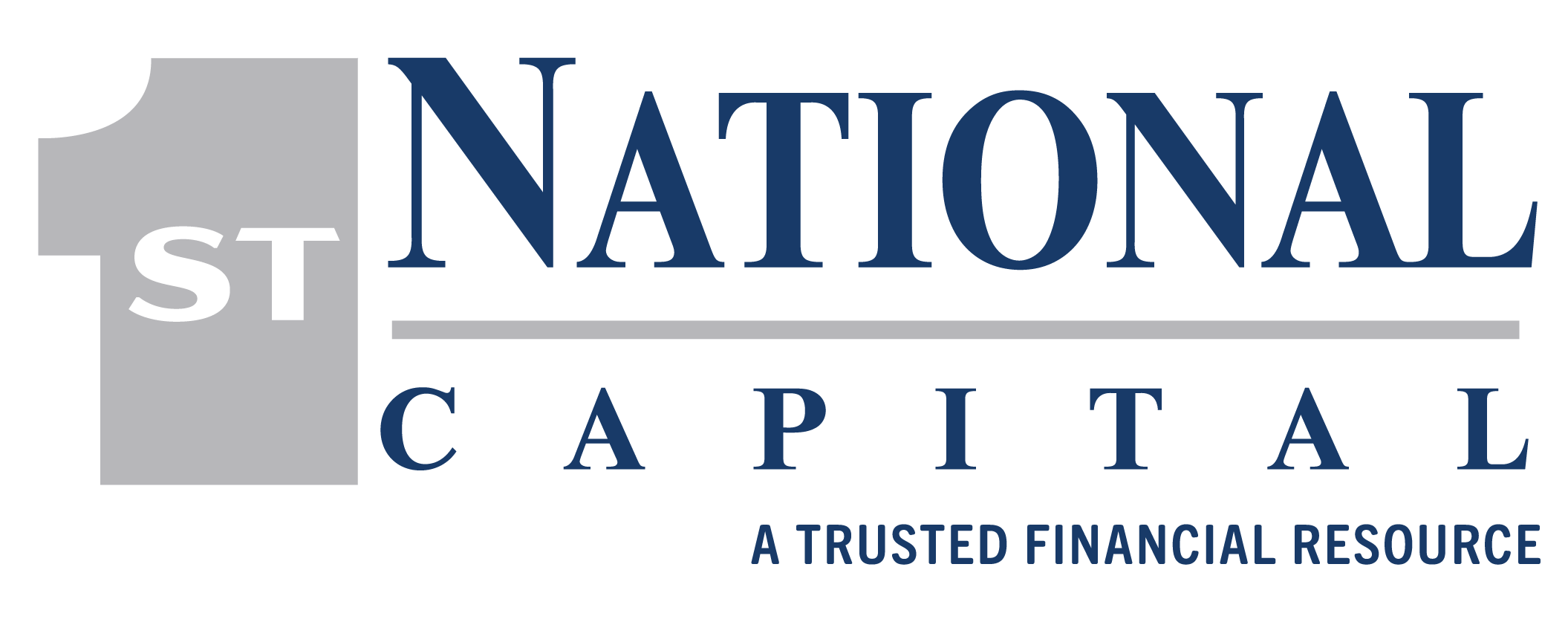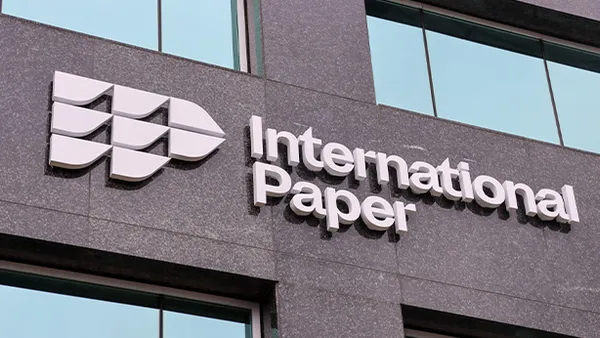Dive Brief:
- Boeing lost over $1.4 billion in Q2 as it continues to follow the Federal Aviation Administration's 38-unit monthly 737 Max production cap, part of a mandate to address its manufacturing quality woes.
- The aircraft maker earned $16.9 billion in revenue for the quarter, down 14.6% year over year, according to the company’s earnings presentation. The drop in revenue was largely due to fewer commercial plane deliveries, EVP and CFO Brian West said in a Wednesday earnings call.
- “The deliberate actions we're taking demonstrate our commitment to improve safety and quality, and we continue to manage the business with a long-term view,” West said. “We acknowledge the impact these actions are having on calendar year cash flows.”
Dive Insight:
Boeing’s spending is set to increase even further in Q3 — the company is forecasting to burn more cash as it works to allow its factory and supply chain to reset, West said.
The reset is one of the priorities supporting Boeing’s decisions to acquire supplier Spirit AeroSystems last month, West said. The company expects to close on the acquisition in mid-2025.
“Inventory will remain a near-term headwind as we prioritize supply chain stability to support future rate increases and advanced payments will take time to improve as we stabilize production and improve profitability of deliveries to our customers,” West said.
Boeing transferred its Renton, Washington, fuselage inspection process to Spirit AeroSystems’ Wichita, Kansas, facility, last quarter, President and CEO Dave Calhoun said during the call. Defects are now caught and reworked in Wichita instead of at Boeing’s Renton facility to avoid “traveled work.”
“While this dramatically reduced the number of clean fuselages coming from Spirit in the first few months, we have seen steady improvement ever since,” Calhoun said. “The improvements in quality have significantly improved our Renton flow times over that same period.”
Boeing reactivated a third line at its Renton facility to gradually ramp up 737 Max production, which helped it reach 25 planes in June and July, according to West.
The company has a goal to produce 38 planes per month by year’s end as it continues to follow the FAA’s production cap. The FAA has been closely monitoring Boeing’s Renton production, measuring key performance indicators including employee proficiency, supplier shortages, reworking final assemblies and ensuring units have been checked for any safety or hazards.
“So everything we see, we've got the labor, we've got the inventory, we've got the fuselages, it's all lined up for us to continue to improve our delivery ramp,” West said. “And that's on us to go execute it. So we feel good about the progress we've made, and we've got proof points that says, a real ability to hit our 38 per month as we exit the year.”
West anticipates deliveries will improve in the second half of 2024. Commercial plane deliveries in Q2 improved marginally, with the company producing 92 aircraft, compared to 136 planes a year ago. Boeing’s deliveries in H1 totaled 175, a 34% decrease YoY from 266 planes in 2023.
The company did gain orders at last month’s Farnborough International Airshow in the UK, where it snagged over 150 plane orders, West said during the call.
Boeing’s Wednesday earnings call was Calhoun’s last as CEO, as the company named his successor on the same day. Former Rockwell Collins CEO Kelly Ortberg will take the reins on Aug. 8. Calhoun will stay on as a special advisor to the company’s board until March of next year.













